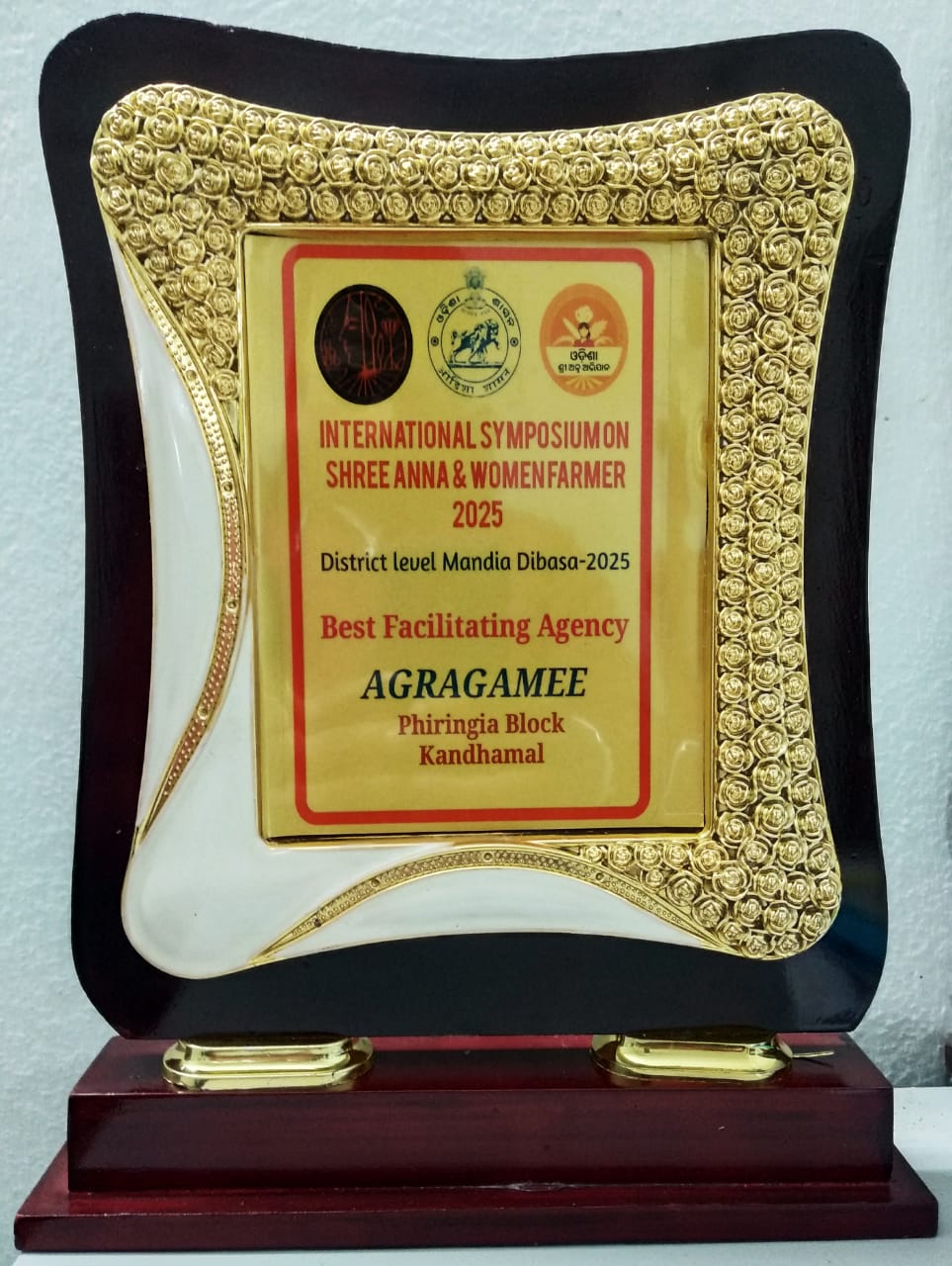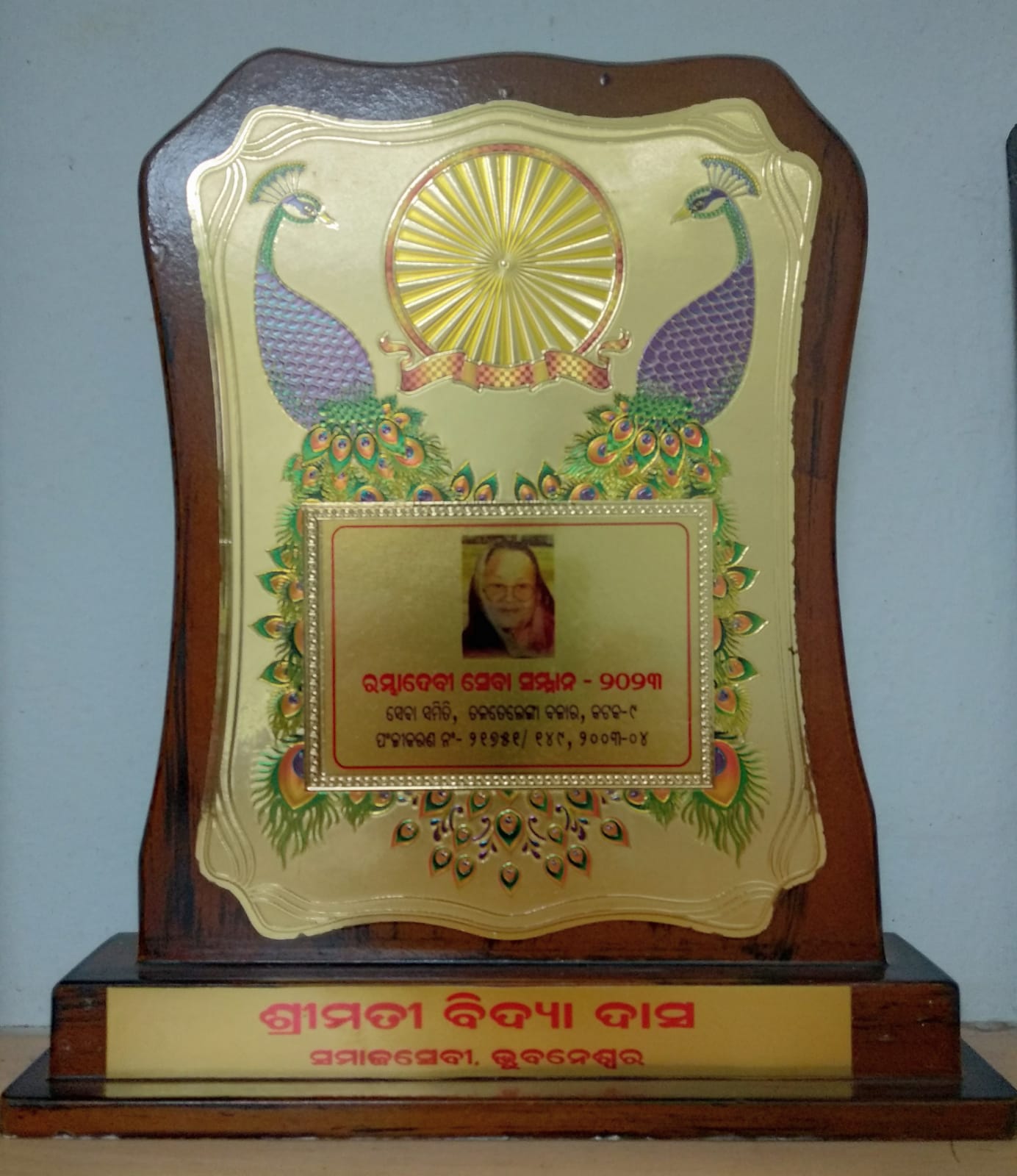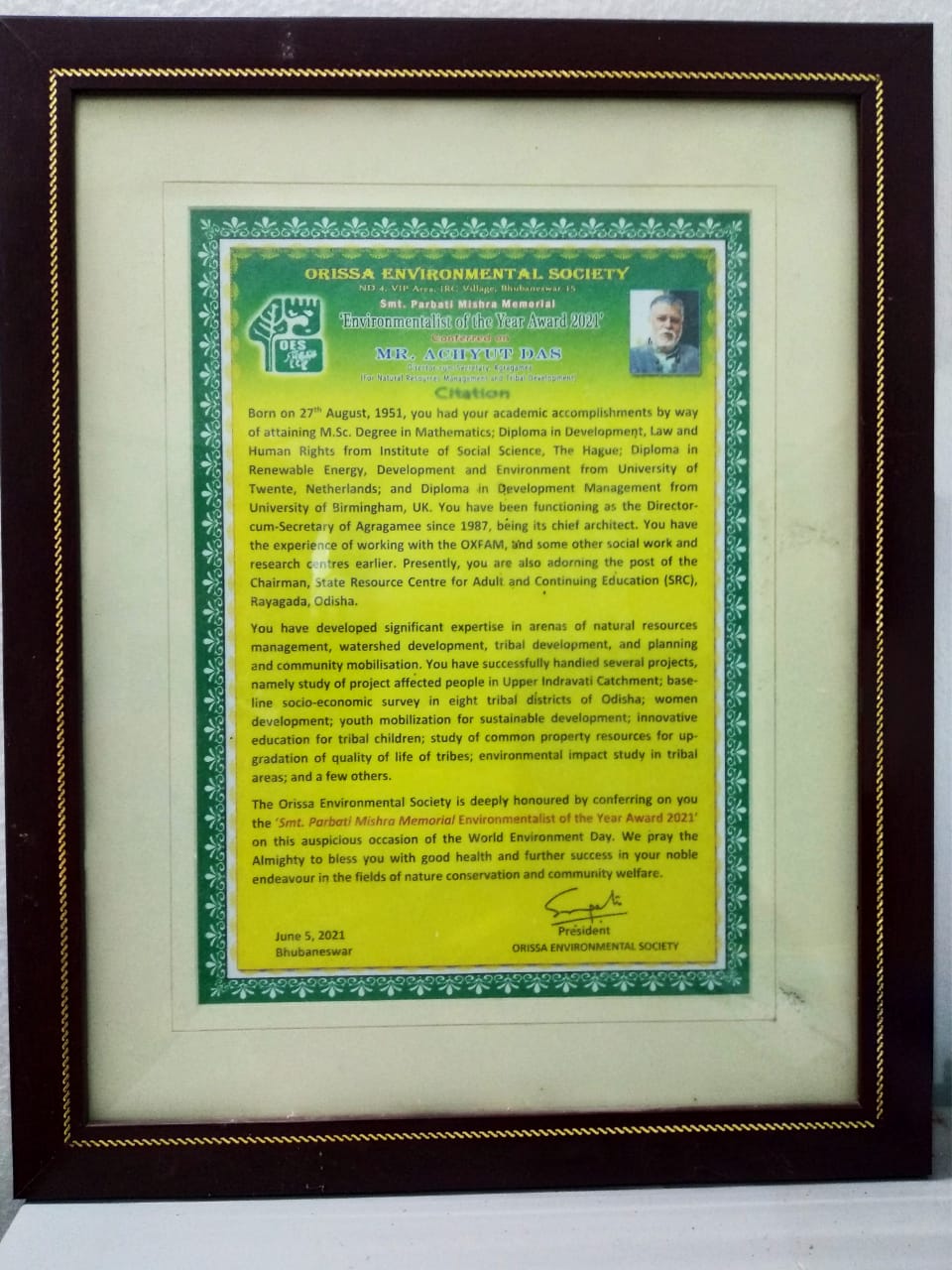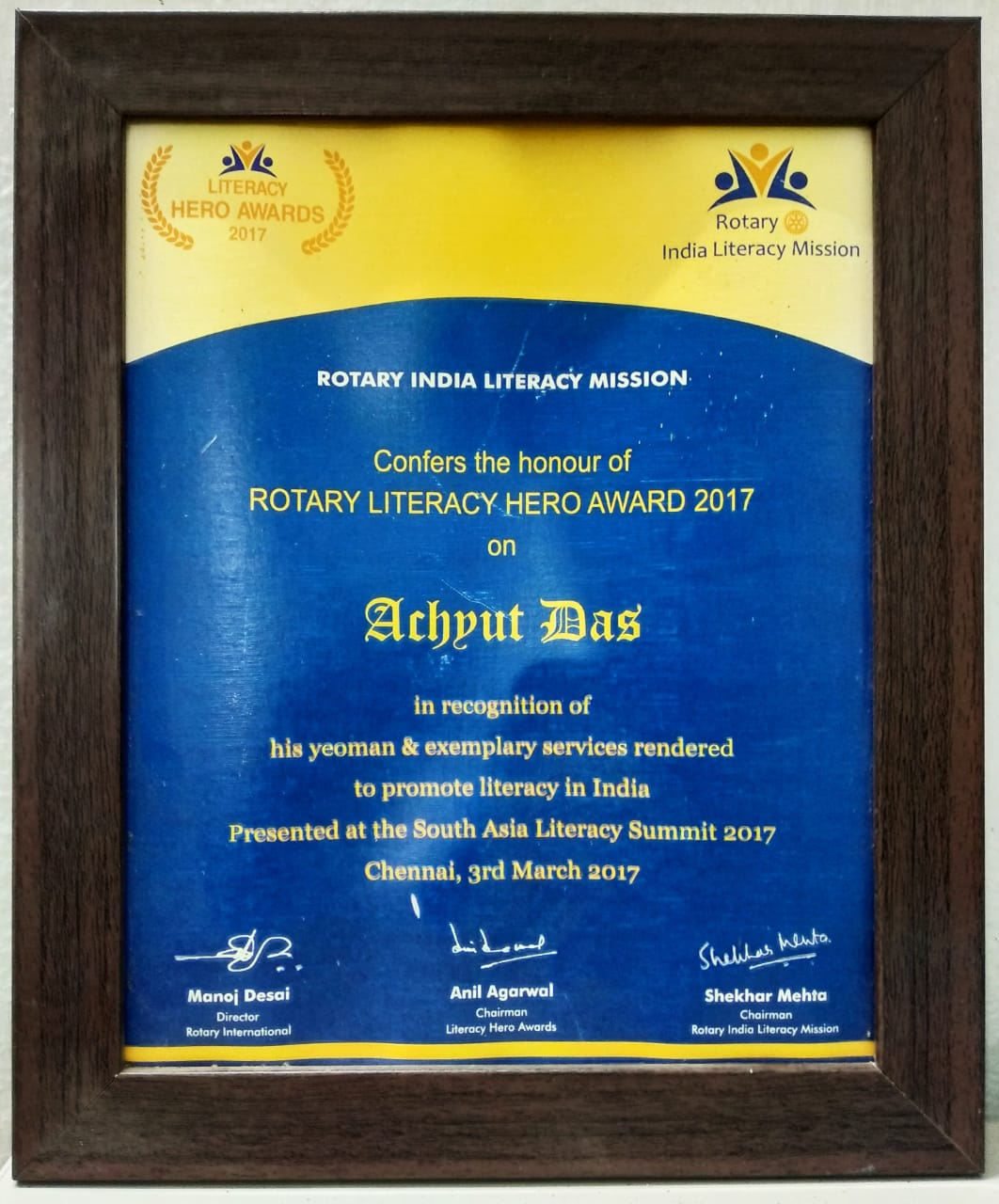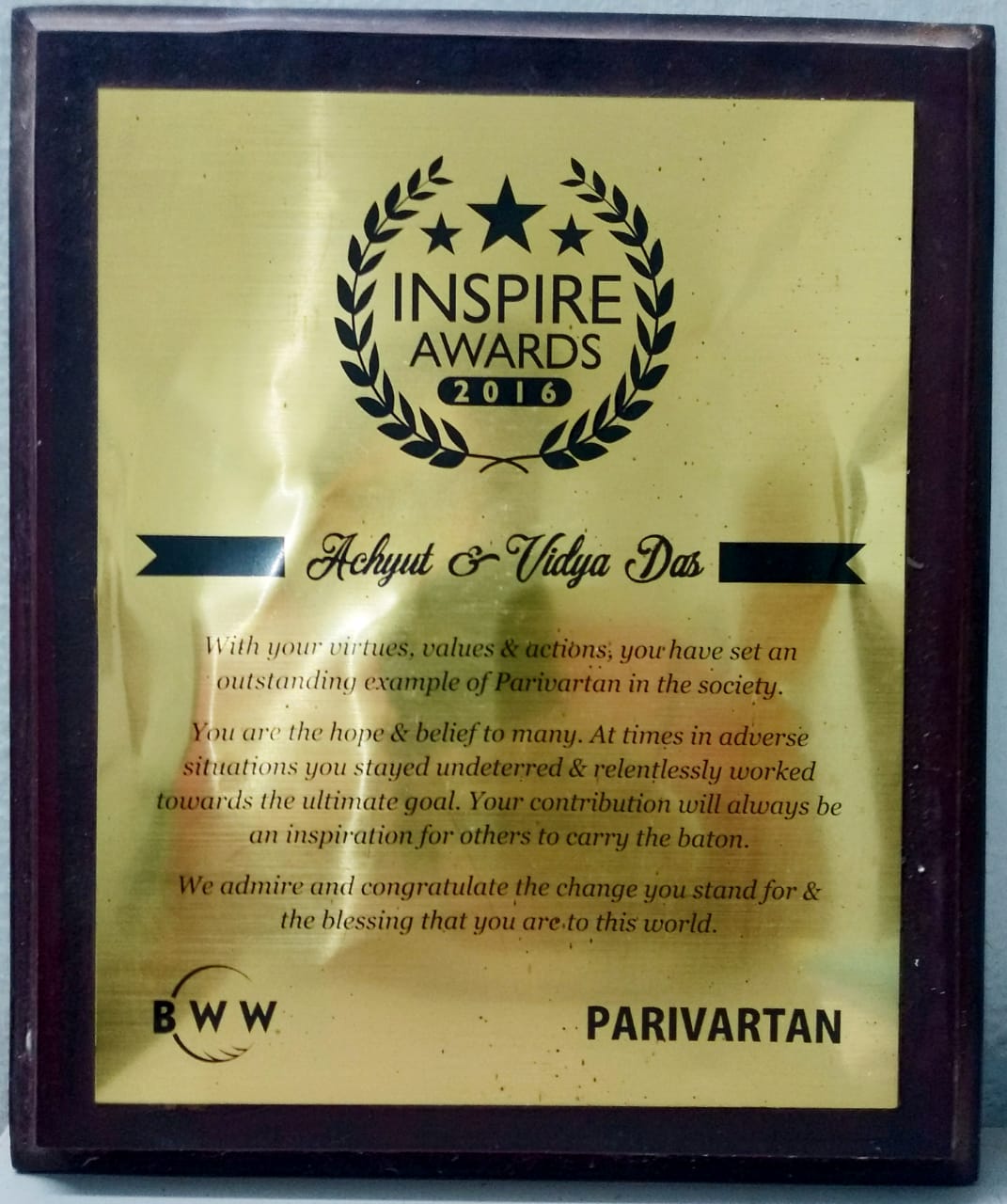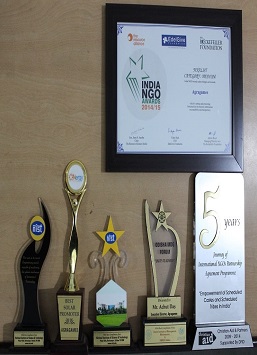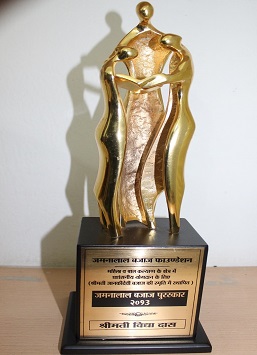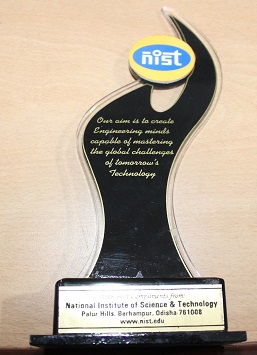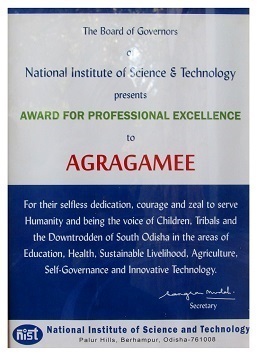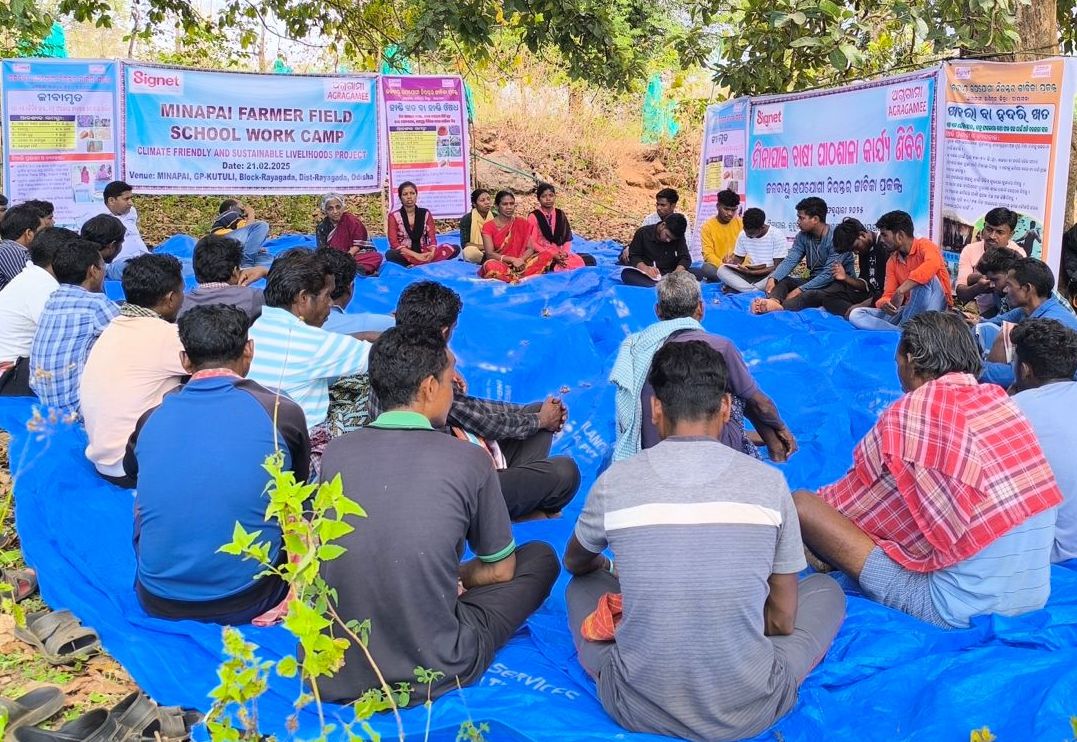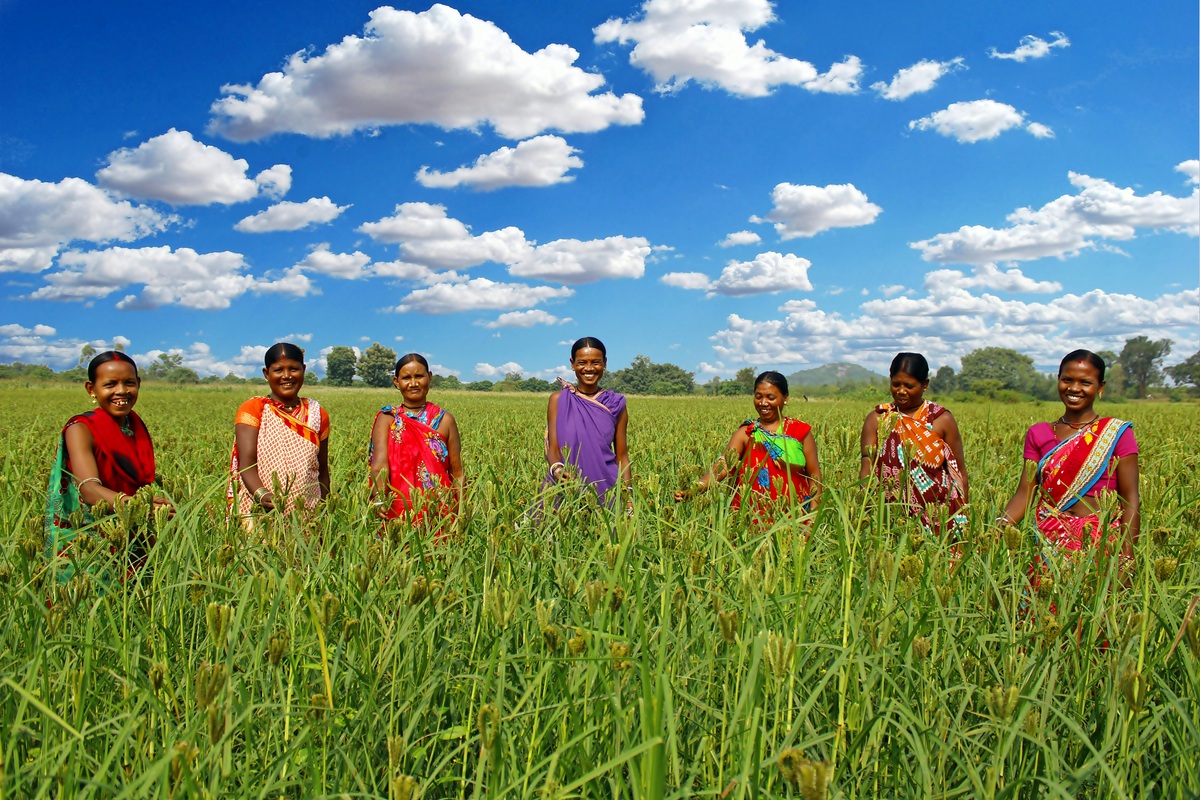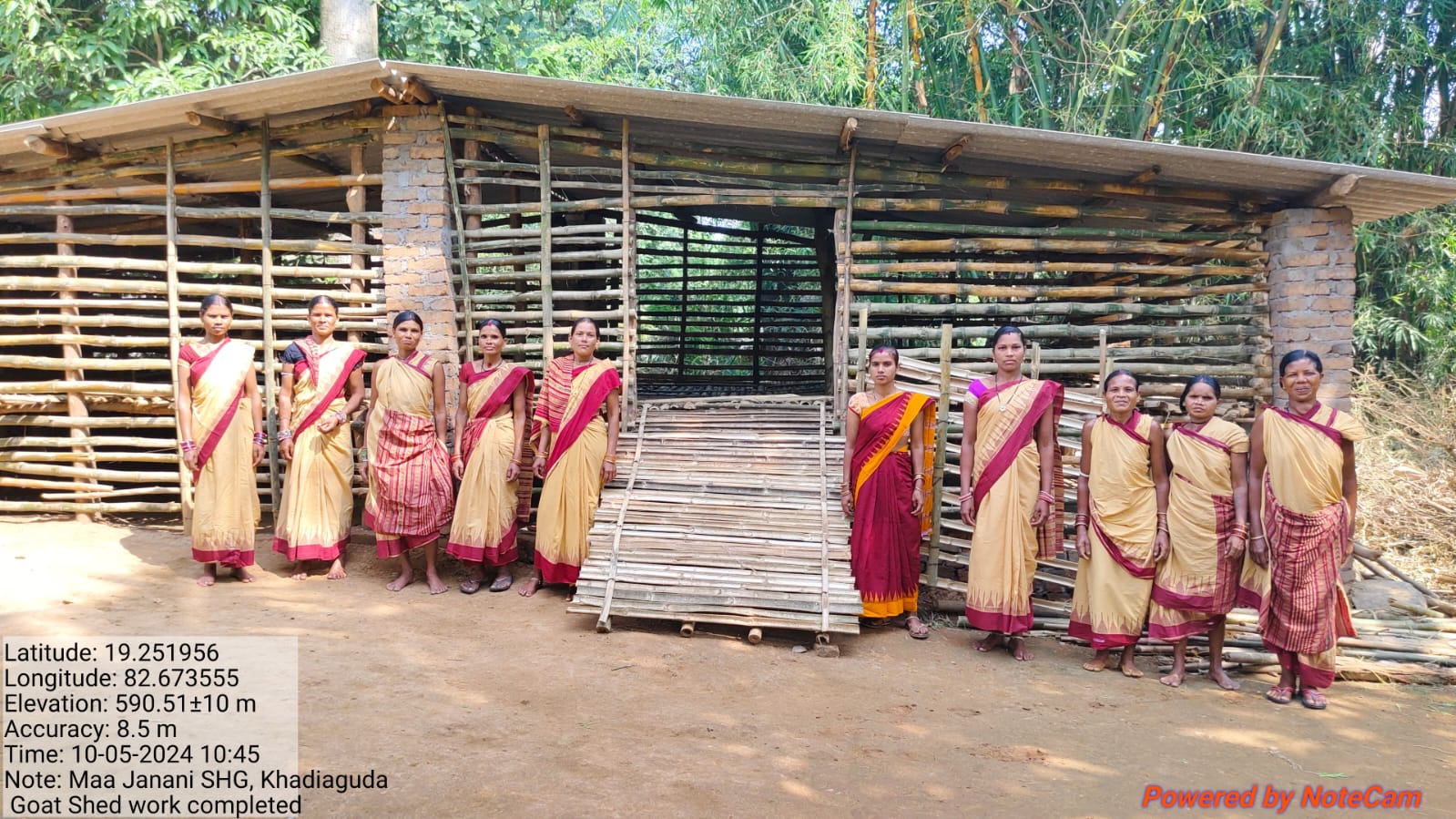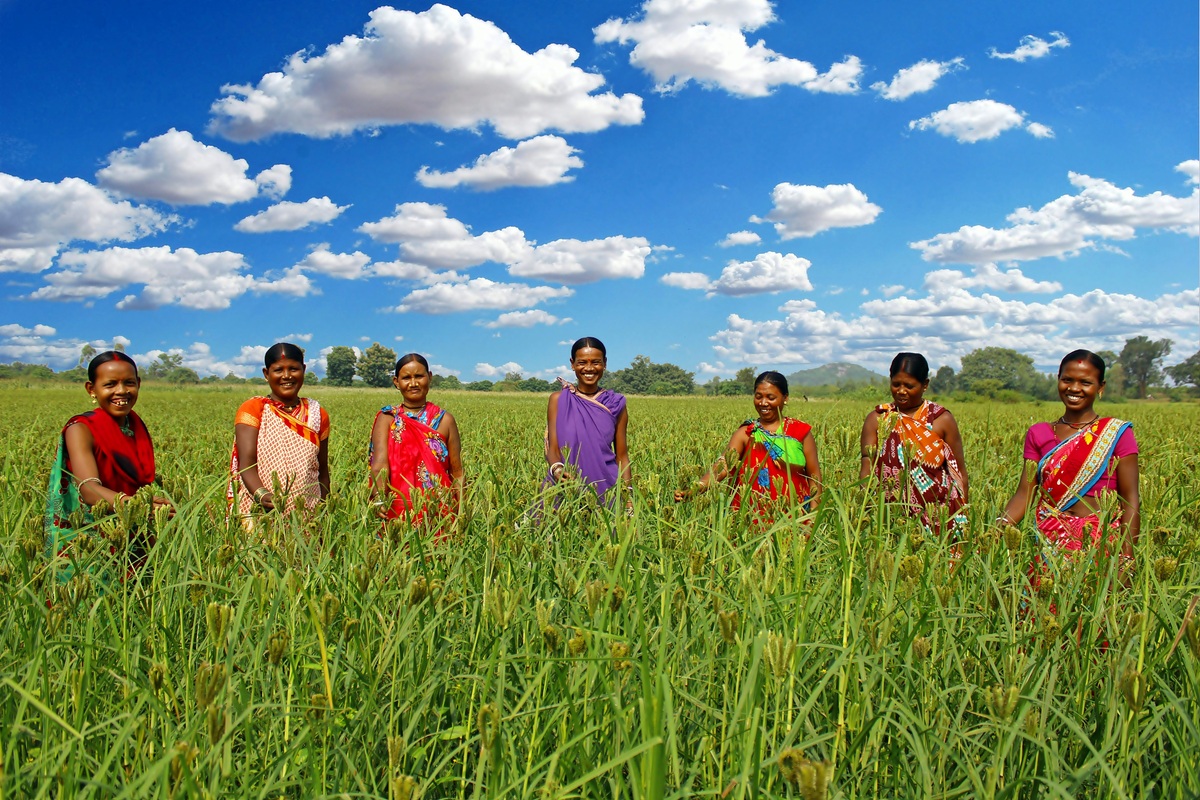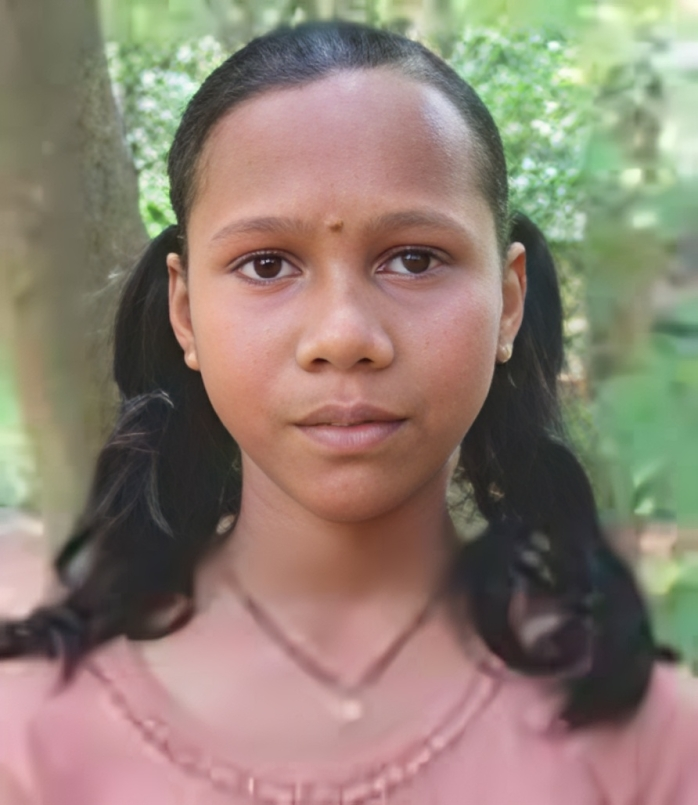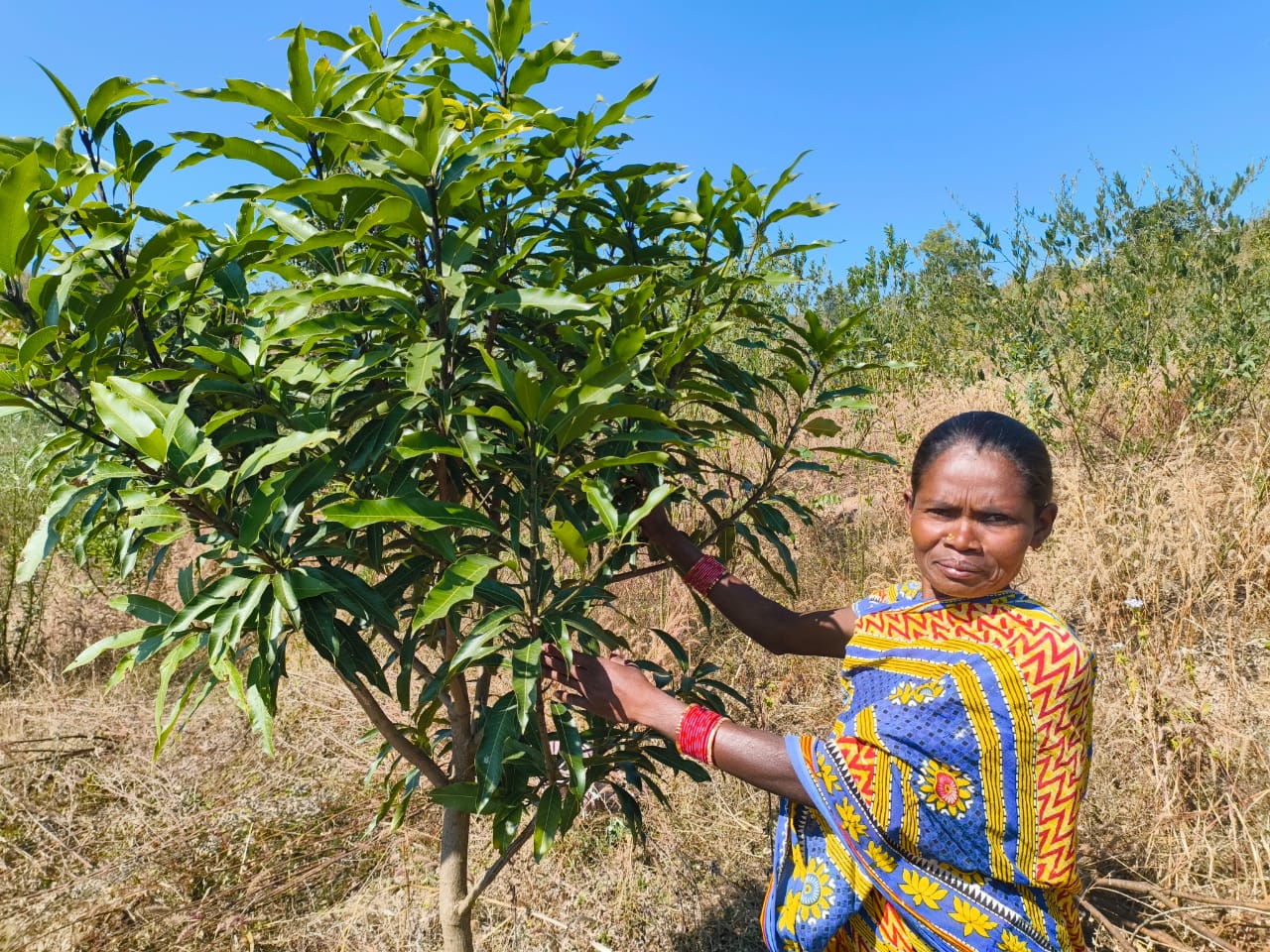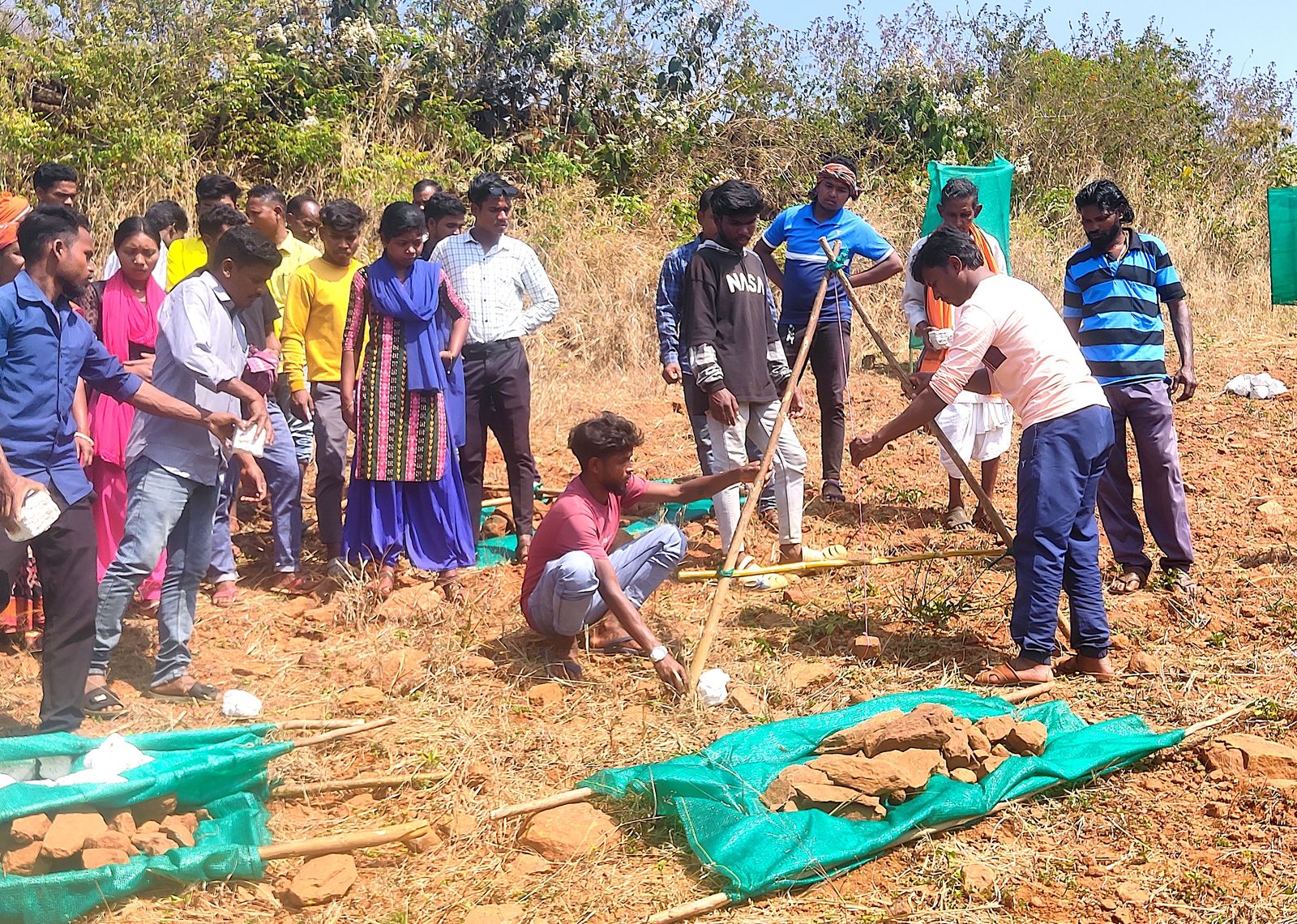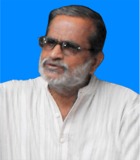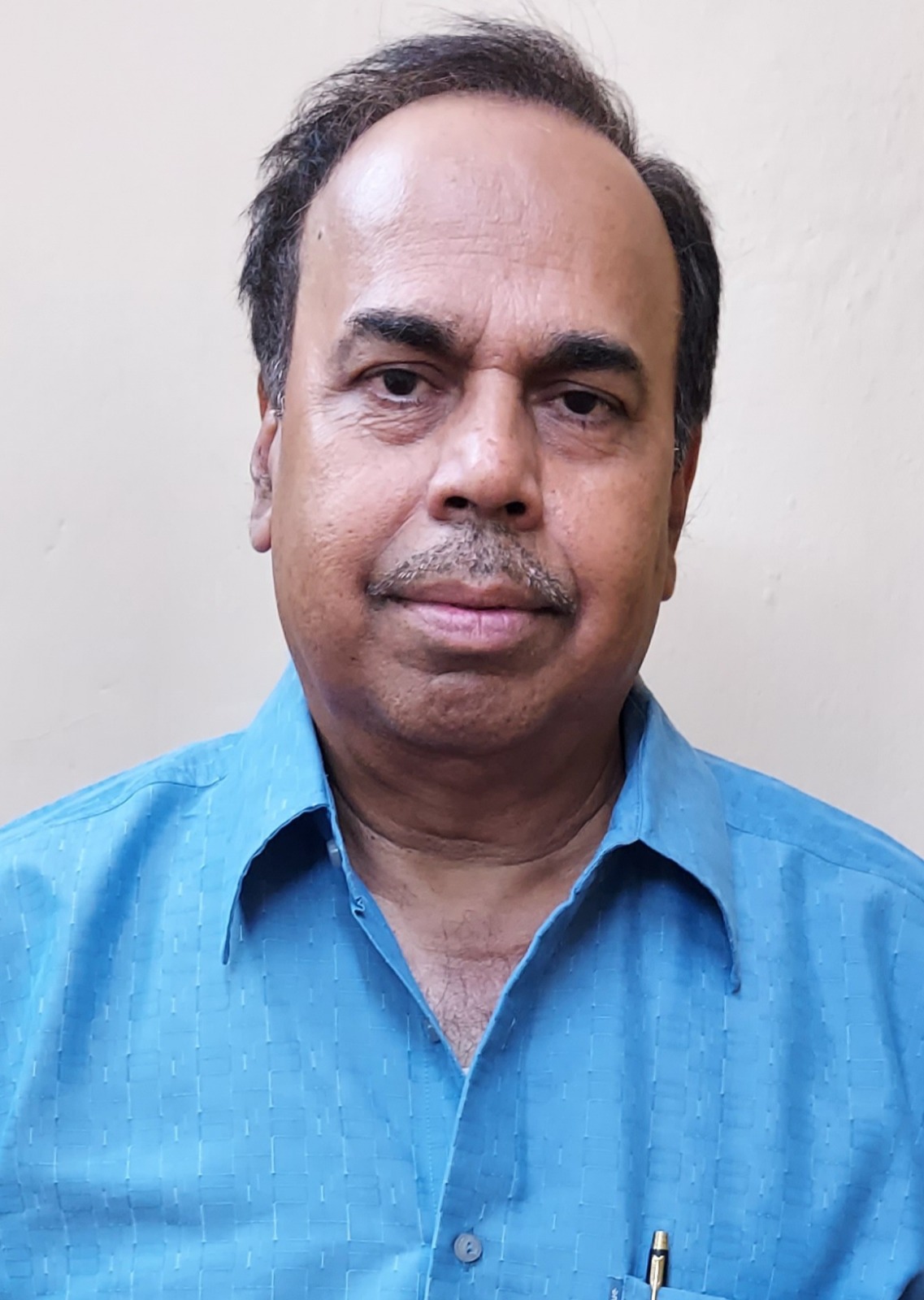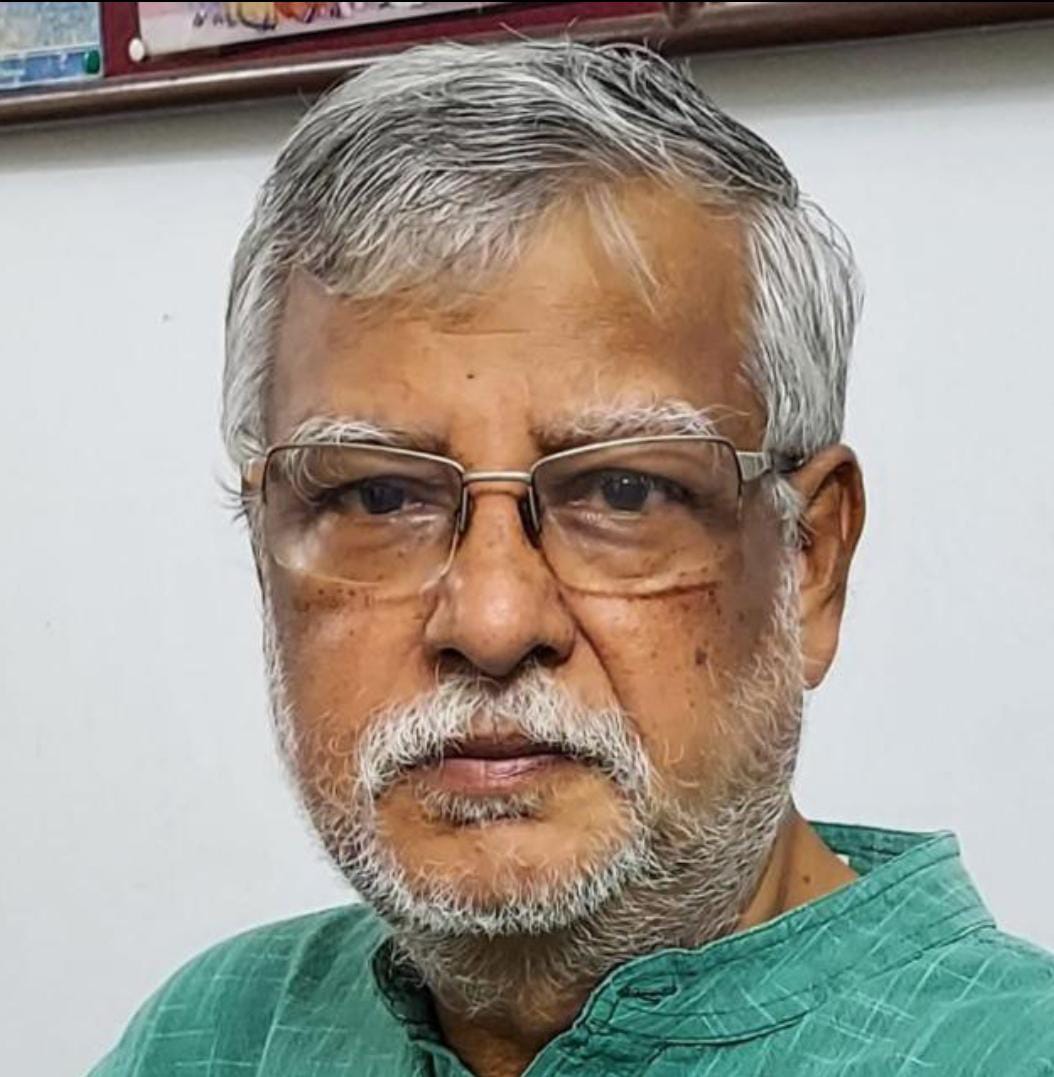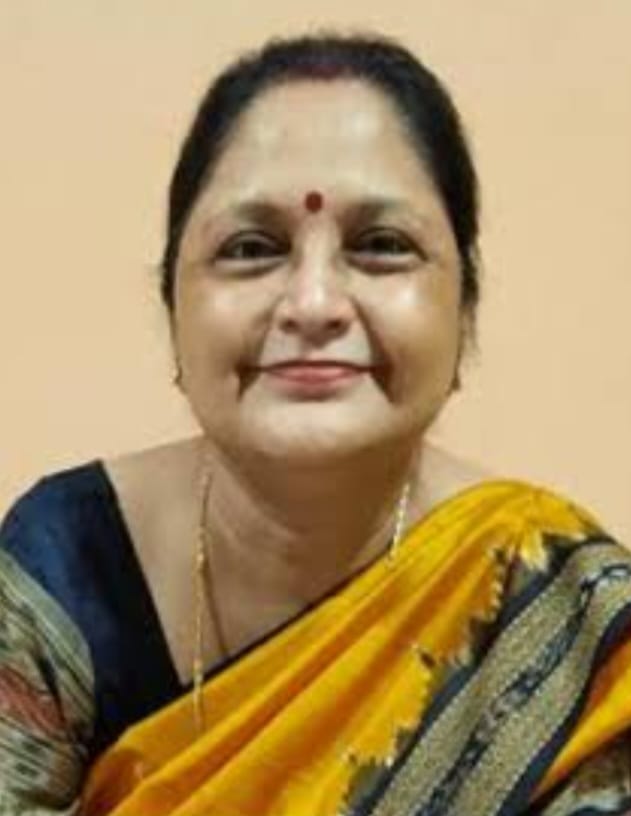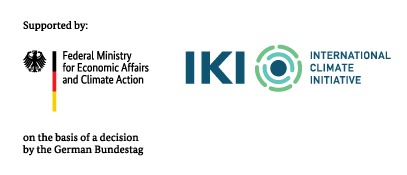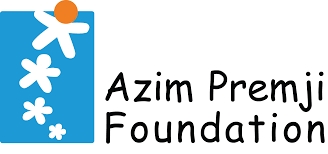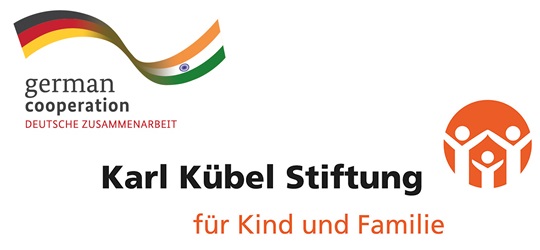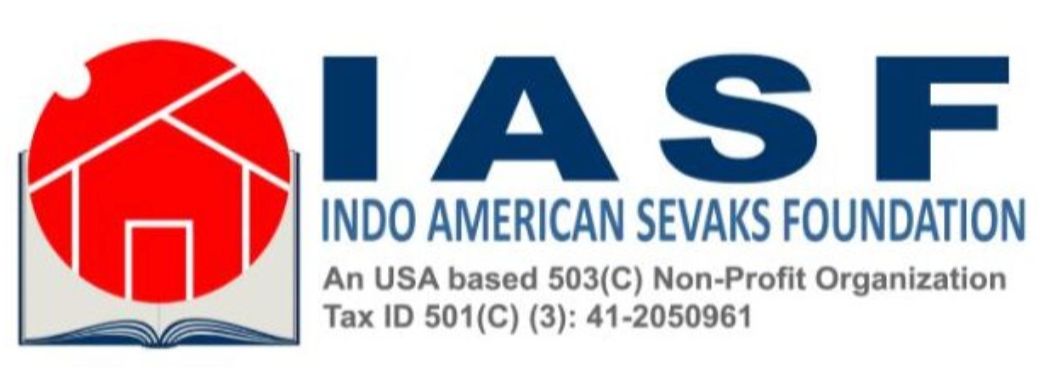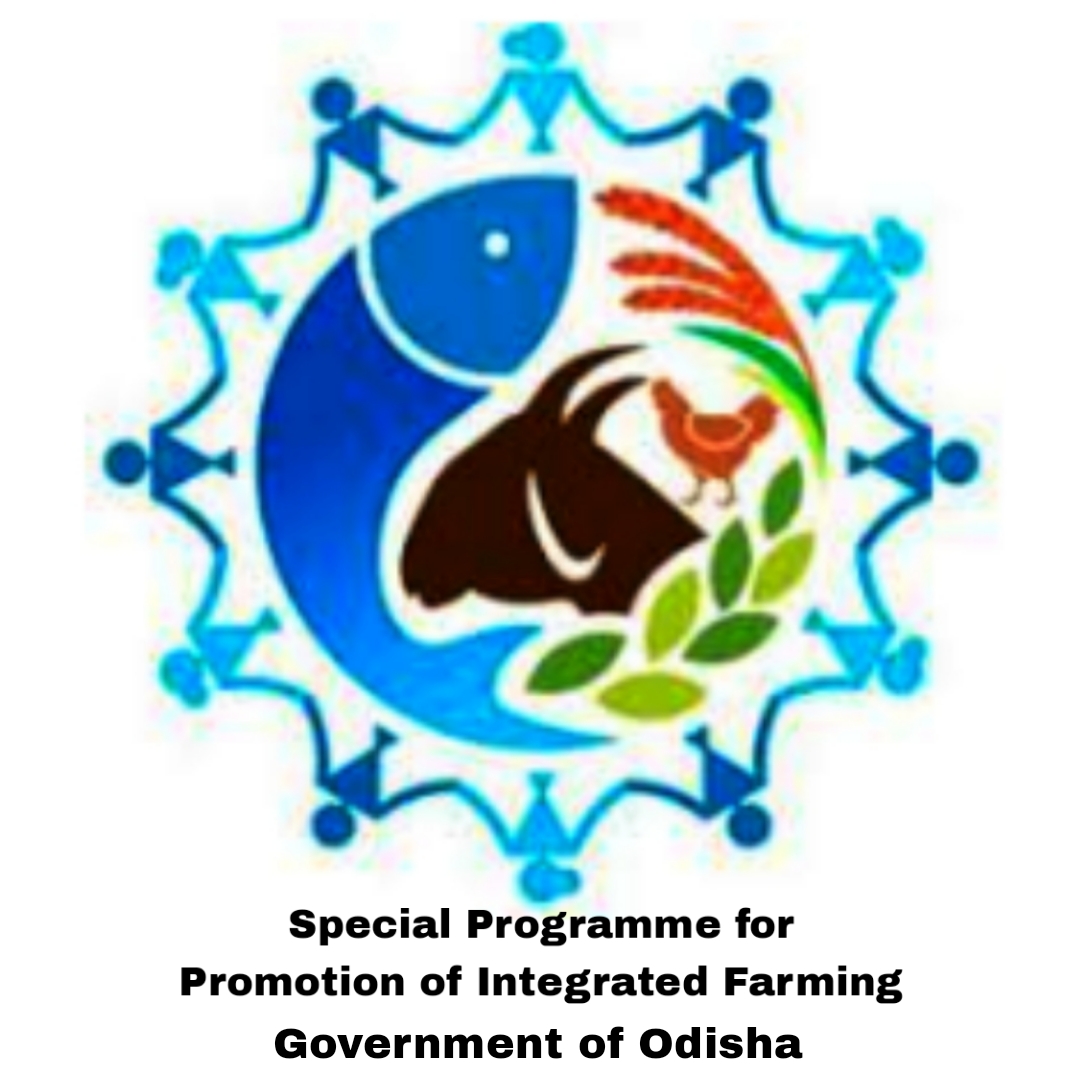12500
Villages using RTI Act for crucial development information.
10250
Farmers conserving traditional crop varieties.
4200
Tribal children reading fluently and studying further.
7500
successful tribal Women Prograssive Farmers and entrepreneurs.
8750
Tribal families self-sufficient with productive family farms.
About Us

Agragamee is
a not for profit organisation working for the poorest and most deprived sections
in of Odisha. Our approach combines socio-economic development with awareness and education
to build a synergy of food and voice, that has ensured self-reliance and self-sufficiency of
local communities. Our efforts have helped women leaders like Sumani Jhodia and Sukri Majhi
provide outstanding leadership to counter alcoholism and exploitation, students like Munni
Majhi and Mamata Jhodia shine in their studies and aspire for a better future and farmers
like Bhuban Jani adopt sustainable cultivation practices and increase their incomes five
times.
Our work has been facilitated by the generous support of national and
international philanthropies, government agencies, and concerned individuals who have stood
by us in our worst moments of crisis. This support has helped us address the most
challenging development issues and bring about tangible change in the lives of the poorest
people. Our interventions are in the following areas :
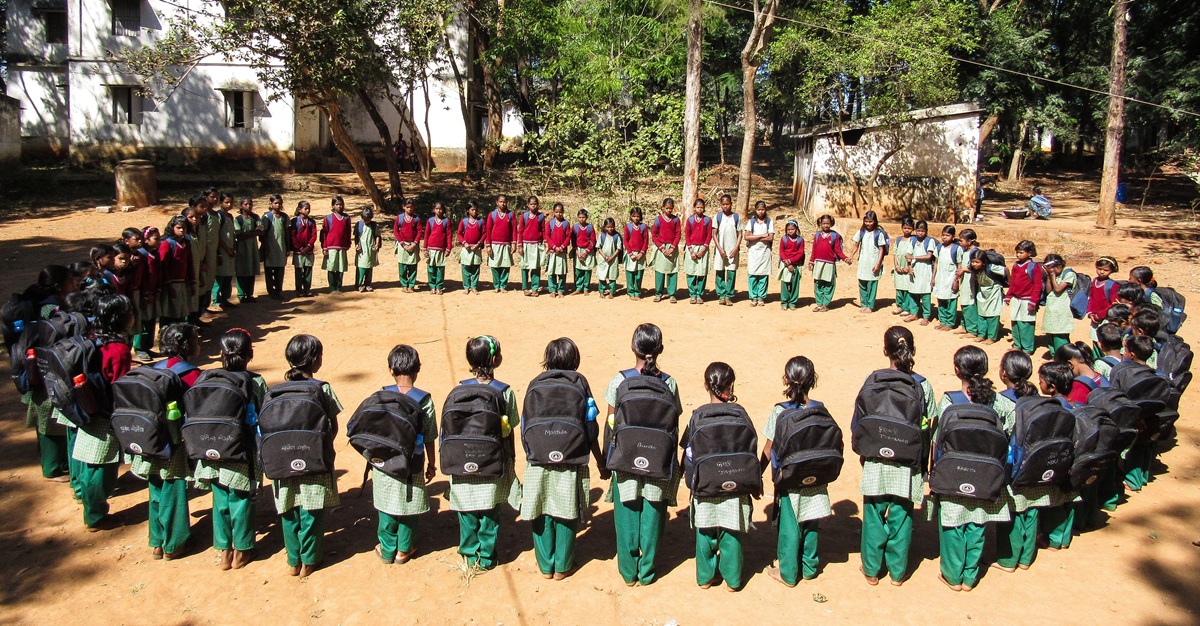
Promote holistic tribal
development across India
A world without hunger
and injustice
Total human development and social change through awareness and formation
of
local level organisations.
Highlights of Activity
Our Journey

Agragamee began work in 1981 seeking to understand the paradox of poverty and hunger in a land of abundance. The challenges were immense. There were few roads to reach the villages, hunger and epidemics were inherent part of the yearly cycle, a small community of contractors and landlords reigned supreme, and there was little or no respect for the law. Our work began with discussions and dialogues with the people, community leaders, elected representatives and Government functionaries. This helped us understand the complex multi-layered systems of exploitation and coercion that people suffered. It also opened up the doors of perception to local community members to concepts of justice, equality, human rights, freedom and began a process of empowerment.
Our Achievements
Awards

Our Ongoing Programmes

Success Stories / Best Practices







